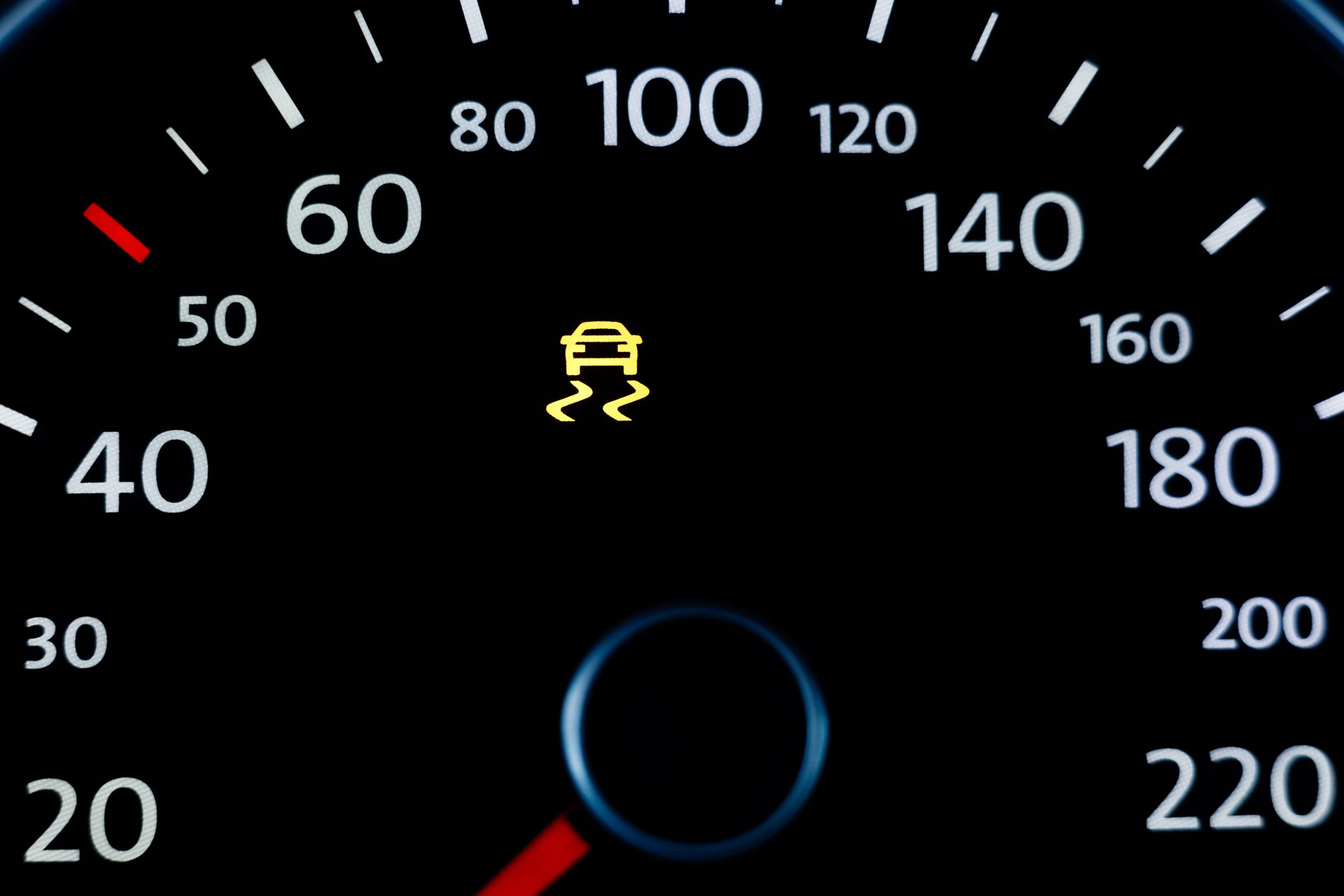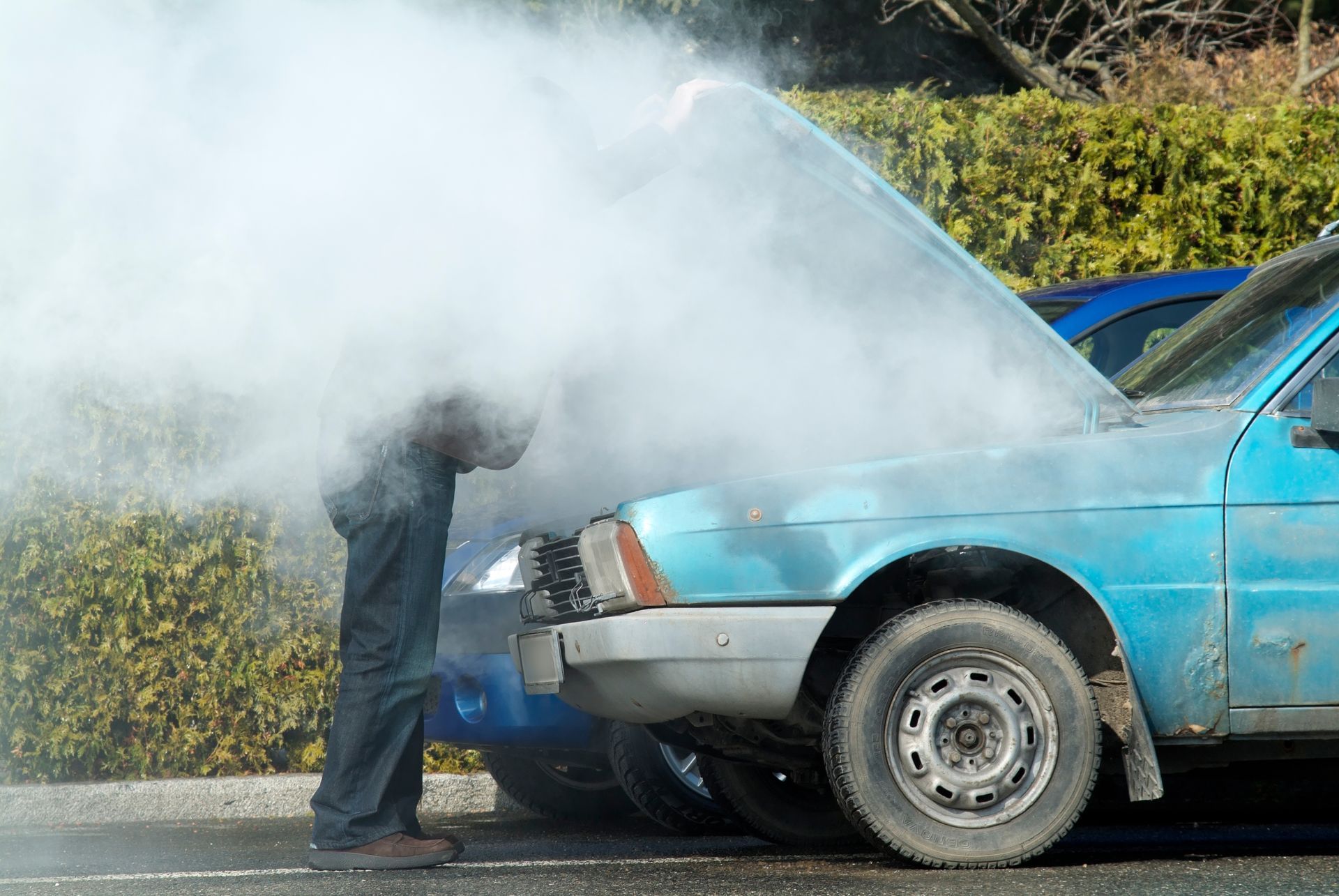So, you've hit a significant mileage milestone with your vehicle – whether it's 50,000, 100,000, or beyond, reaching these markers is a testament to your car's durability and your commitment to proper maintenance. But as your odometer climbs, it's essential to take proactive steps to ensure that your vehicle continues to run smoothly for many miles to come.
Regular Oil Changes
One of the most critical aspects of vehicle maintenance, regardless of mileage, is regular oil changes. Engine oil serves as the lifeblood of your vehicle, lubricating crucial components to prevent friction and heat buildup.
Over time, however, oil breaks down and becomes contaminated, losing its effectiveness at protecting the engine. By adhering to a consistent oil change schedule – typically every 5,000 to 7,500 miles – you can ensure optimal engine performance and longevity.
Inspecting and Replacing Wear Parts
Certain components will naturally wear out as your vehicle accumulates miles and requires replacement. From brake pads and tires to belts and hoses, it's essential to stay vigilant and address any signs of wear or deterioration promptly.
Regular inspections by a qualified mechanic can help identify potential issues before they escalate, saving you time and money in the long run. Additionally, replacing worn parts proactively can prevent more extensive damage and ensure the safety and reliability of your vehicle.
Fluid Checks and Flushes
In addition to engine oil, your vehicle relies on various other fluids to operate smoothly, including transmission fluid, coolant, and brake fluid. Over time, these fluids can become contaminated or depleted, compromising their ability to lubricate, cool, and protect vital systems. Regular fluid checks and flushes – as recommended by your vehicle manufacturer – are essential for maintaining optimal performance and preventing costly repairs down the road.
Addressing Common Maintenance Issues
As vehicles age and accumulate mileage, they may become more prone to certain maintenance issues, such as leaks, electrical problems, and suspension wear. It's crucial to address these issues promptly to prevent further damage and ensure the continued reliability of your vehicle. Whether it's scheduling a diagnostic checkup or addressing warning lights on the dashboard, proactive maintenance can help you stay ahead of potential problems and keep your vehicle running smoothly.
3 Common Questions, Answered
- How often should I have my high-mileage vehicle inspected by a mechanic?
It's best to have your vehicle checked by a mechanic at least once a year, or more often if you notice any unusual noises, vibrations, or performance issues.
- Are there any specific maintenance tasks that become more critical as a vehicle reaches higher mileage?
Yes, components like seals, gaskets, and suspension parts require more attention as mileage increases due to potential wear and deterioration.
- Can regular maintenance help improve the resale value of a high-mileage vehicle?
Absolutely! Regular upkeep, documented service records, and a well-maintained vehicle can significantly enhance its resale value. Buyers value reliability and care, which a maintained vehicle demonstrates effectively.
For all your car's 30/60/90k mile maintenance or other car-related services, contact BG Automotive - we will schedule you for a visit and take care of the issue!











